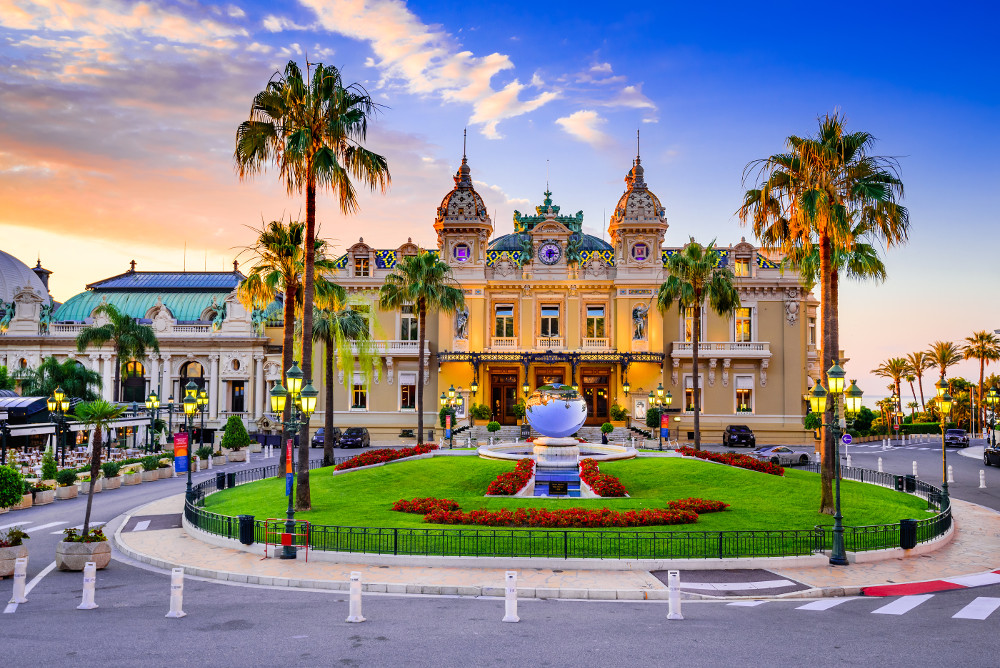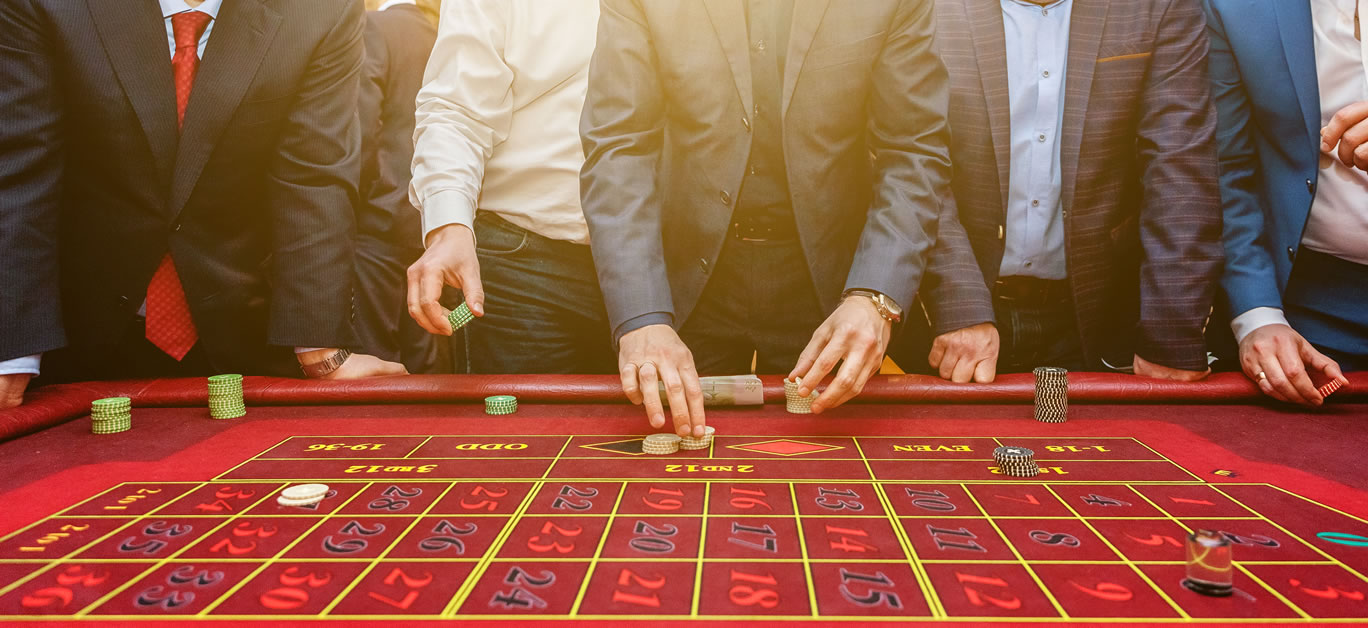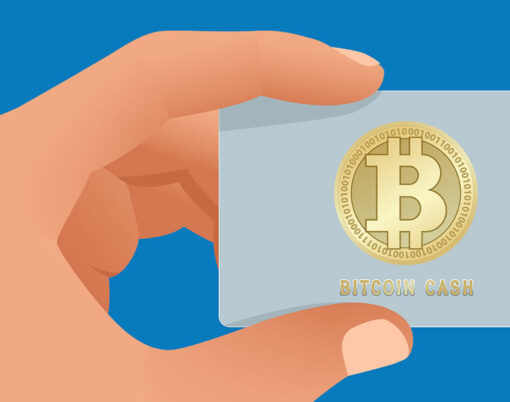In April 2007, tell-tale signs were beginning to appear in the United States of America that the money well of sub-prime mortgages had run dry.
The result of handing out these sketchy mortgages to applicants with dubious financial backgrounds was to be learned around the world in the years that followed. In the States, household names like the Lehman Brothers fell by the wayside as the recession, known as the global financial crisis, swept through the economy.
In the UK, the Royal Bank of Scotland received a taxpayer bail-out in 2008, while Northern Rock was essentially nationalised. The recession, the worst since the Great Depression of the 1930s, had a wide-ranging and devastating impact on a number of industries – hitting the luxury market particularly hard, with consumers tightening their belts after investments went south.
However, one particular industry not only remained resolute, but actually prospered, during the years that followed. Historical research suggests that casinos are hit hard by economic downturns, while lottery-based gambling remains fairly recession-proof. However, smart leadership from industry chiefs carved out a new long-term strategy for the high-end market. The first of which was to take the experience online.
Online gaming: lower overheads, higher margins

The logic was simple: for the common market, eliminating barriers to gaming helped ease the pain of the financial downturn. For the lower-income lad who wanted to gamble, but couldn’t afford flights to Vegas, providing a website to game on from the comfort of one’s own home left the punter with significantly more capital in their pocket to start with. Capital that, in most cases, would be invested in the online casino.
You may be sceptical, but the proof is in the pudding. The online gambling industry, featuring websites like bingosites.bet, registered a revenue total of $20bn (USD) during 2008 – at the peak of the financial crisis’ impact.
This, you might think, has no impact on the high-end industry – but you would be wrong.
Reinventing the high-roller casino experience

With a vast swathe of the budget casino market moving to online gaming, and the market ‘hollowed out’, casino chiefs went about reimagining the high-end exclusive experience for the elite clientele.
A far cry from the seedy vibe of common strip casinos, the exclusive venues went about refining their service to provide luxury boutiques, unique services and world-class hotel experiences.
The Casino de Monte Carlo, already experiencing a renaissance from the success of the 2006 James Bond movie Casino Royale, began delivering what is referred to in the industry as a ‘comps service’ – an enticing complimentary bespoke offer used to lure some the world’s elite 0.1% to the venue.
You can, I’m sure, see where this leads, and, essentially, no service is off limits to the most exclusive guests at the casinos. High-roller poker tables, with buy-ins alone sometimes reaching millions of dollars, are held behind closed doors for these types of customers, alongside private use of the most exclusive suits in the building.
The influencer model

Of course, there is more to it than this. Casinos need to operate 24/7, and they cannot always rely on landing a big fish. However, by operating with the ‘comps’ model, these high-end casinos entice their less affluent customers to aspire to reach the exclusive status of a comps customer.
The advent of the casino membership card allows high-end casinos to track regular spending from casino guests. Upon reaching certain spending milestones, the casino can ‘reward’ their customer with specific comp services.
At the low end, these can be as simple as free refreshment services at the blackjack table. At the high end, it can allow a member of the casino floor to cross the threshold and rub shoulders with the great and the good in the behind-closed-doors poker games.
The loyalty scheme essentially allows the casino to use exclusive guests as influencers, in the same way that social media sites operate. In leading the way, these influencers enjoy their own elite experience, network with other members of their social class, while enticing other, less influential casino members, to spend more at the venue to enhance their social status.
Simple, eh?
Please gamble responsibly (18+ UK) – check age restrictions before participating






















